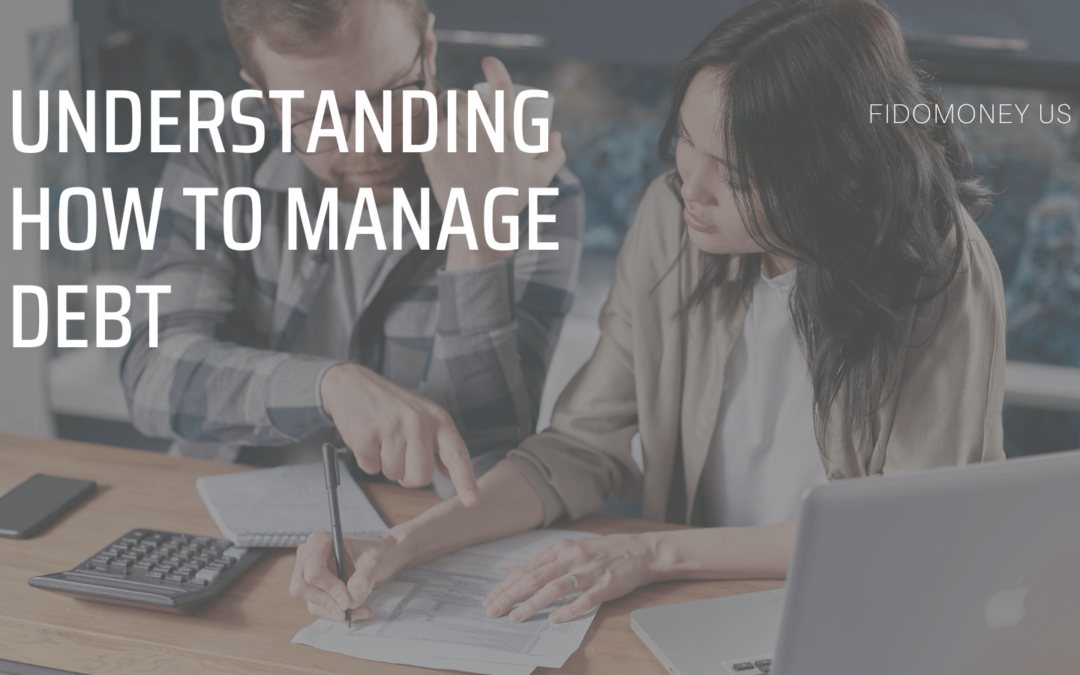If you’re looking to get rid of all your debts, then taking the first step toward doing so is a good start. However, before moving forward, it’s important to remember that some debts, such as mortgages, are not inherently bad. Having a mortgage can help you build wealth and achieve the goal of homeownership.
Getting too much credit card debt can prevent you from being able to pursue other financial goals. You’ll need to consider these seven steps to manage your debts more effectively.
List All of Your Current Debt
Before you start tackling your debts, you must have a list of all of your debts. This will allow you to identify which ones are causing the most financial strain.
Know Your Credit Score
One of the most critical steps that you can take to improve your credit score is to request a free copy of it. This will help you keep track of all of your accounts and make sure that you have no outstanding debts. You can also reach out to your credit card company and bank to see if they can give you a credit score at no cost.
Consider Consolidation
If you have multiple student loans, it’s essential to consider whether or not you can consolidate them and get a lower interest rate. You might also be able to take out a low-interest personal loan to pay off credit card balances. Before you start refinancing or consolidating student loans, make sure that you have all of the necessary eligibility requirements.
Analyze Your Spending
Before tackling your debts, you must clearly understand what you’re spending each month. This will allow you to make informed decisions and reduce the amount of money you spend.
Research and Budget Your Minimum Payments
After researching and consolidating your debt, you must clearly understand how much you have to pay each month. This will allow you to make informed decisions and reduce the amount of money you spend. If the amount you have to pay is over your budget, you might need to contact the lenders to see if they can lower the interest rate.
Decide How Much Extra You Can Pay
Once you understand how much extra you have to pay each month, you must clearly understand how much you can allocate to debt reduction. Hopefully, your savings from reduced expenses will give you more money toward this goal.
Make a Strategy
You can pay off the highest interest rate first or the lowest one. The former will allow you to save more money over the long run, while the latter can help you maintain progress. Regardless of which strategy you choose, make sure that you stick with it, as it will allow you to see results.
